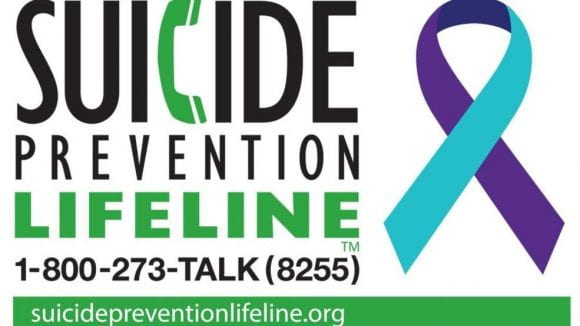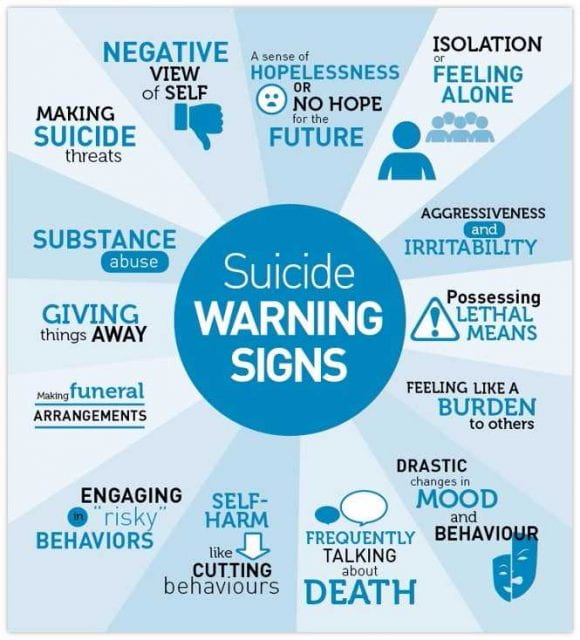
We often use the phrase “chocolate face” around my house to remind ourselves not to get too stressed out due to temporary situations beyond anyone’s control. Sounds strange? Well, maybe there is a little psychology behind this abnormal expression.
What seemed like the start to an average Saturday morning last June, quickly changed when I found my mom dead on the balcony off of her bedroom. In immediately contacting the police, I told the 911 operator that it looked like she had chocolate covering her face. I even searched around her body to see if I could find a random candy wrapper, empty chocolate milk container, or anything that would make the situation more understandable in my moment of shock. Of course, it was actually blood that had escaped from her nose, but the idea of “chocolate face” became a reminder for my family to take a step back and realize that life is too short to let tense moments get the best of us. In discussing different psychological concepts concerning stress and our response to that feeling, my phrase of choice may not just be bizarre, but may actually be part of a pattern experienced by many who find themselves in stressful situations.
Psychologists Richard Lazarus and Susan Folkman hypothesize that stress is effectively an affair between and individual and their environment. During the tenure of this interaction, described as the transactional model of stress, four complimentary parts work together to identify the cause of anxiety, weigh the necessity for a reaction, learn how to respond, and how to evaluate the outcomes (Schneider, Gruman, and Coutts, 2012).
Stressors are understood to be the environmental factors involved in inducing stress in an individual. These elements could be specific settings, certain people, or isolated circumstances that cause tension (Schneider et al., 2012). In terms of my mom’s death, she was not the cause of my agony, but the actual event in which I discovered that she was deceased gave me reason to become stressed.
An appraisal is the decision by the individual’s mind to react to the stressor (Schneider et al., 2012). Does this situation call for a fearful response? Are these people worth worrying about? How much strain should I feel because an event has occurred? If the answer is “yes” to the evaluation, then one begins to respond with some level of anxiety. While I seemed relatively calm in initially calling the police and notifying family members of my mother’s death this was likely due to shock, and after that wore off, I was left in a state of affliction with my stressor.
Coping is the next step in the relationship with stress, and it can involve two different behaviors to help reduce the burden. Problem-focused coping involves a forthright approach in which an individual actively works to minimize mental pressures (Schneider et al., 2012). If one was to find themselves in a social event that causes them to feel anxiety, they could cope by physically exiting the situation. If a peer is creating an issue at work, they may approach them directly to find relief. If schoolwork causes tension, then they may evaluate which parts are to blame and address those individually.
The second option for reducing stress is emotion-focused coping. This method relies less on forceful behavior to solve one’s problems, and instead, targets changing one’s emotional approach to a stressful situation (Schneider et al., 2012). If someone is upset that they have no discretionary income to go on vacation, they may tell themselves to just be thankful for the food and shelter they do have. If their fostered dog gets adopted by another family, instead of sadness, they can be happy that the dog found a new home. If your team loses a close football game, you can decide that you are not sad, but excited for the experience gained in a tough contest.
My decision to manage the stress of my mother’s death by launching the “chocolate face” initiative seems to be a prime example of emotion-focused coping. Because the circumstance was out of my control, and could not be altered with any direct approach, I chose to modify my stressful feelings by searching for a positive outcome (Schneider et al., 2012). She was 54-years old at the time of her passing, so trying to convince myself that she had lived a long, and fruitful life seemed asinine. I was then left to contemplate the fragile nature of one’s time here on Earth and how quickly that can change, leaving me to try and never let stress overtake any situation.
The last phase of the transactional model of stress addresses the impact of anxiety on one’s health. Research has suggested that those who find themselves in increasingly stressful situations, and without the appropriate methods for coping, may experience higher levels of illness (Schneider et al., 2012). Stress can cause a variety of ailments from high blood pressure to autoimmune diseases, which may then lead to other stressors based on a decline in one’s well-being(Schneider et al., 2012). After my mom died, I did experience various moments of depression and headaches, but have worked through the process by trying to stay emotionally balanced.
In studying the factors of stress and coping, it seems that individuals follow a similar design in their behavioral choices, regardless of how unique these decisions may be. Lazarus and Folkman’s transactional model deconstructs each phase of the stress process including identifying the stressors, appraising reactions, finding coping mechanisms, and discussing future health outcomes. When I became stressed in response to my mother’s death last year, I made the decision to use emotion-focused coping to reduce my anxiety. The phrase “chocolate face” became a mantra to translate the feelings from my mother’s sudden departure, to an outlook based on overcoming life’s obstacles. Though I have not experienced any serious health ailments caused from this stressful situation, I still must remain diligent in not allowing this traumatic event to dictate my well-being. This would be the “sweetest” gift I could receive.
References:
Schneider, F.W., Gruman, J.A., & Coutts, L.A. (2012). Applied Social Psychology: Understanding and Addressing Social and Practical Problems (2nd ed). Thousand Oaks, CA: Sage.




